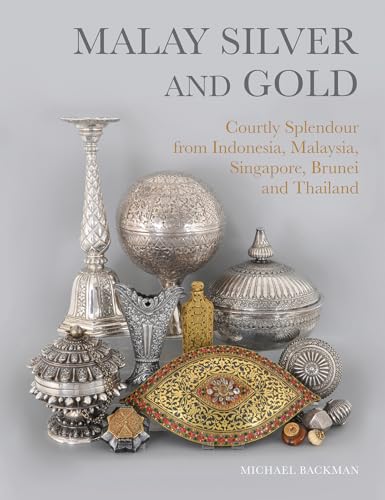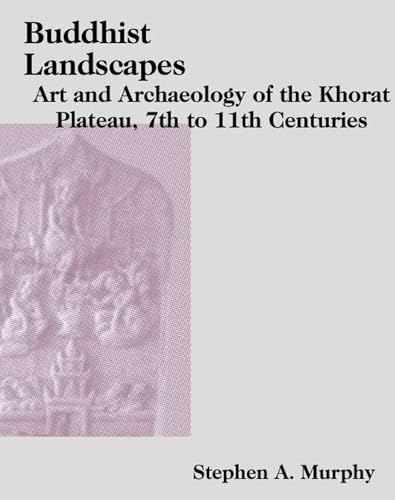Papers are being sought for the the UB Berkely-UCLA Southeast Asian Studies conference, focusing on social sciences and the humanities. Southeast Asian Archaeology represent!
UC Berkeley-UCLA Southeast Asian Studies Conference
Making Southeast Asian Cultures: From Region to World
April 22-23, 2016
At UC Berkeley
Southeast Asia is inherently transcultural. Colonization and religious conversion and change have left an indelible mark. Over the centuries, the region has also been a hub connecting China to the rest of the world, while in the modern era popular culture links many Southeast Asian countries to Japan, Korea, Hong Kong, Taiwan, China and India. Because of the political, religious and cultural diversity of the region, the problem of whether there are cultural formations specific to Southeast Asia has been a central question of Southeast Asian Studies. To take an exemplary case, the theory of mandala interstate relations was crucial to O.W. Wolters’s argument that Southeast Asia was something more than just a geographical space between India and China, being historically characterized by cultural communalities and intra-regional relationships.
Culture also has an important role in the projected integration of Southeast Asia into an ASEAN Community. One of its three pillars, the ASEAN Socio-Cultural Community, is entrusted with the task of building ASEAN identity and an ASEAN sense of belonging by “fostering greater awareness of the diverse cultures and heritage of the ASEAN region” in order to enable “ASEAN peoples to recognize their regional identity and relatedness”. The governments and policy-making bodies of Southeast Asian countries are, however, notably vague about what exactly constitutes ASEAN cultural identity and heritage or whether it is even appropriate to speak of an “ASEAN mindset”.
The aim of this conference, jointly sponsored by the Center for Southeast Asia Studies at UC Berkeley (Director: Prof. Pheng Cheah) and the Center for Southeast Asian Studies at UCLA (Director: Prof. George Dutton), is to reopen this question of Southeast Asia’s culture both by looking back at the history of the region and at the dynamic transnational processes at work in contemporary globalization that actively make Southeast Asian cultures today.
For example, how have Indian Ocean trade and religious networks shaped various aspects of Southeast Asian culture and how has their localization in Southeast Asia in turn inflected these networks? In the field of contemporary art, are the different arts communities in Southeast Asia connected to and contemporary with each to other? Can we speak of a self-conscious regional identity among these communities so that visual artists from Burma who are relatively new to international art practices and discourses can be curated alongside artists from highly “globalized” Singapore in an international biennale? In the field of film studies, how have the Shaw and Cathay film empires, which were multilingual and multicultural, established a foundation for Southeast Asian film? In literary studies, has the public phenomenality of literary festivals and literature prizes such as the Man Asia Literary Prize or the Ramon Magsaysay Award in Journalism, Literature and Creative Communication Arts helped to create a body of Southeast Asian literary works?
The conference seeks to understand the production of Southeast Asian cultures by drawing on different humanities and social science disciplines such as art history, film and visual studies, literary studies, music, anthropology, history, geography, architecture and urban studies. By self-consciously adopting a world perspective and transnational frame in the study of Southeast Asia, the conference hopes to correct the normative Eurocentrism of the disciplines, their methodological nationalism, and the relative undertheorizing of Southeast Asia in Asian studies.
The organizers invite submissions for presentations from scholars and graduate students conducting original research in the social sciences and humanities that address the primary themes of the conference. Some travel funding is available, with priority for funding directed towards faculty and graduate students at UC and CSU campuses. The conference will be held at the UC Berkeley campus,
Abstracts (up to 500 words) should be sent to CSEAS at UC Berkeley by Friday, January 8, 2016. Abstracts should include your name, affiliation and discipline and contact information (including e-mail address).
Contact: CSEAS, 1995 University Ave., 520H, Berkeley CA 94720-2318
Tel: (510) 642-3609; Fax: (510) 643-7062; E-mail: cseas@berkeley.edu.
The Center for Southeast Asia Studies at UC Berkeley and the Center for Southeast Asian Studies at UCLA form a consortium U.S. Department of Education Title VI National Resource Center for Southeast Asian Studies.














![[Call for Papers] Decolonization of Southeast Asian Studies](https://www.southeastasianarchaeology.com/wp-content/uploads/2024/07/logo-rcsd-full-120x86.png)









